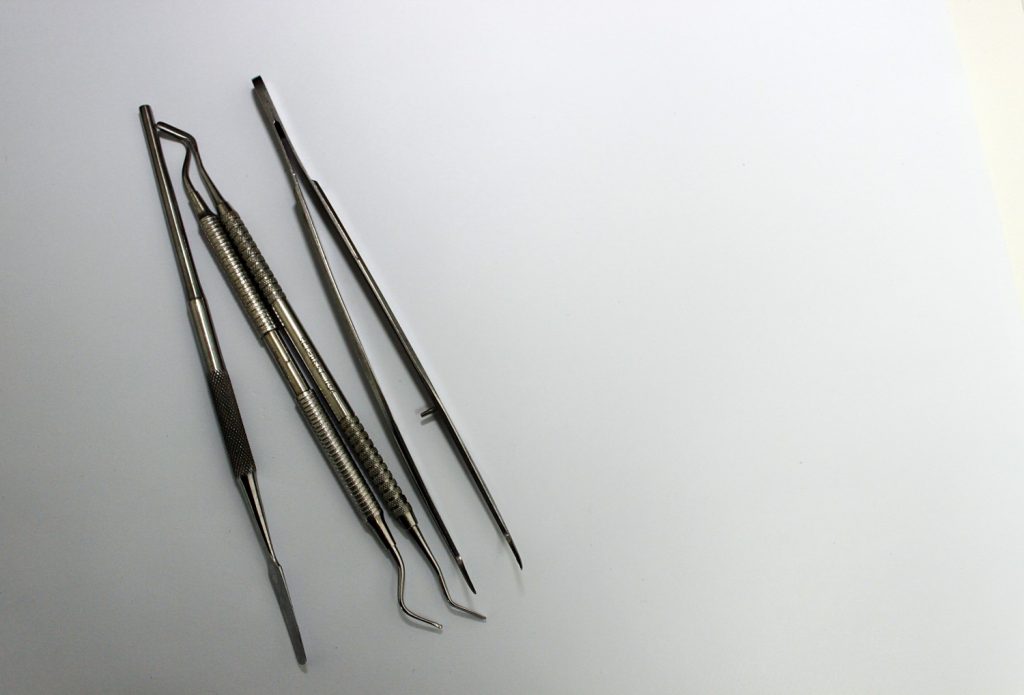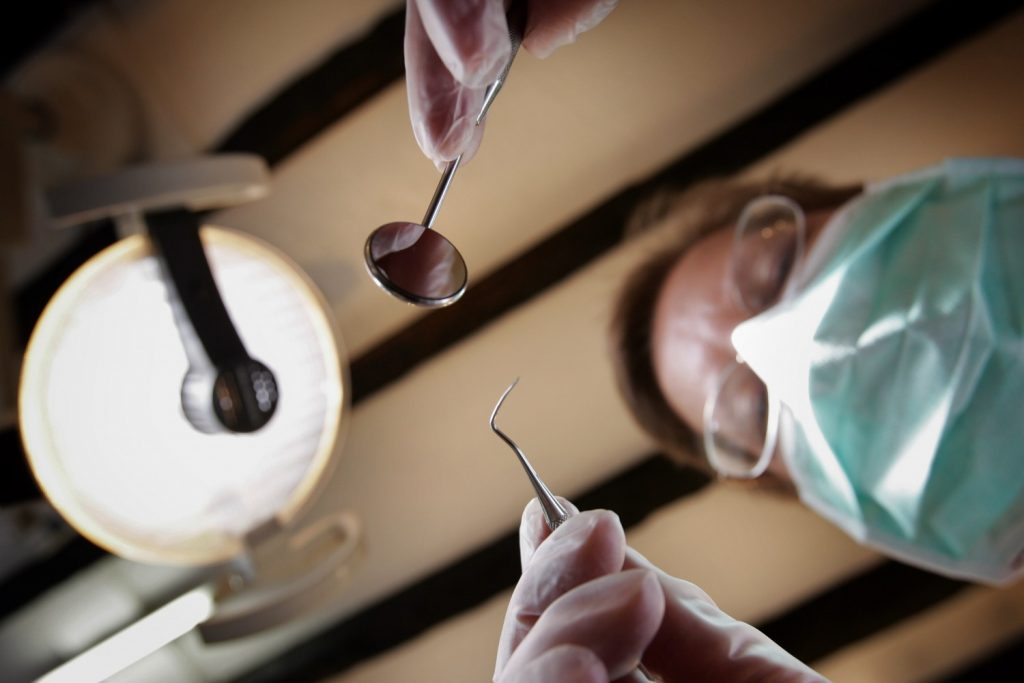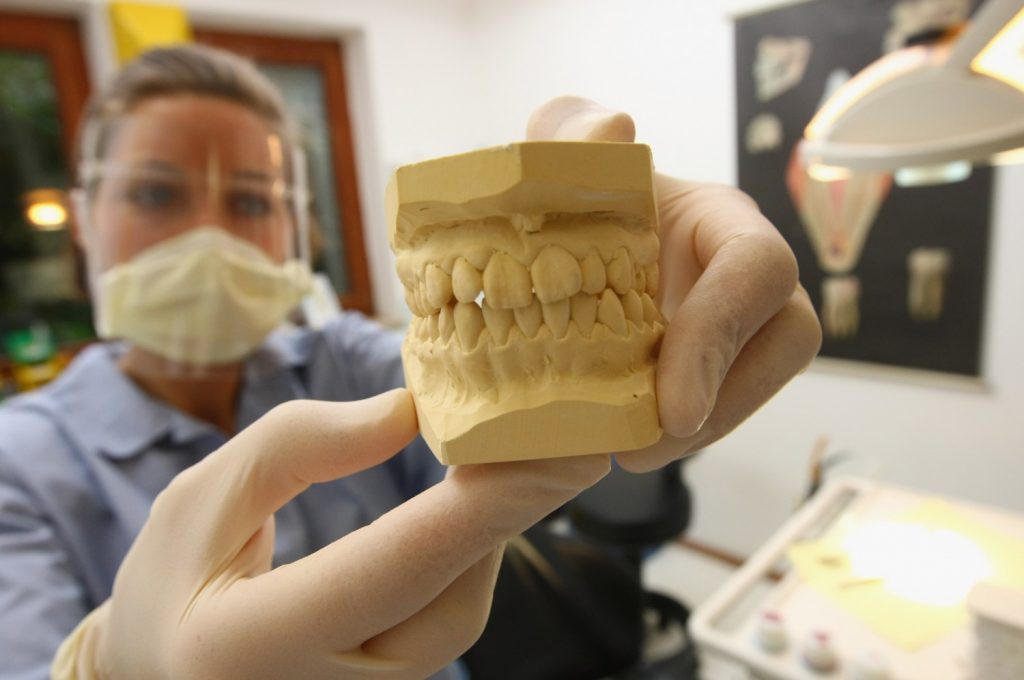It sounds unlikely, but becoming a dental hygienist might be the best way for you to make a great salary. It doesn’t require a four-year college degree and the pay, well, it speaks for itself.
A dental hygienist is one of the highest paid jobs in America that doesn’t require a bachelor’s degree, according to CNN. According to the U.S. Labor Department, the median salary is a whopping $73,000 a year. That’s higher than the median salary of $69,000 for a registered nurse, which requires far more expensive schooling. And in city centers, some dental hygienists can earn up to six figures. Intrigued yet?
“When these students graduate, they can almost guarantee themselves a job,” Salim Rayman, the head of the dental hygiene program at Hostos Community College in the Bronx neighborhood of New York City, told CNN.
While you will need at least a two-year associates degree, and likely a third year of schooling to fulfill any additional requirements, that’s still a lot less school (and debt) than many major professions. You’ll also need to pass a national board exam and a state or regional clinical exam, be CPR-certified and complete continuing education courses on an ongoing basis as your career progresses.
Obviously, it’s not a job that anyone could walk off the street and perform, but compared to four years of undergrad, medical school, a residency and everything else, it’s a whole lot less stress. And the “less stress” component is what’s driving many people to the profession. At Hostos, it’s one of the most popular degrees. More than 100 students applied in 2016 for just 46 spots in the program.
“We have students from Ivy League colleges here right now who are looking for a better career,” Rayman told CNN.
One big benefit to becoming a dental hygienist? It’s a job that robots can’t do.
“It’s a booming field for the next 20 years,” Kevin Artis, class president of the dental hygiene program at Hostos told CNN.
A job in this field can be a way out of poverty for low-income students, and a way to a better life for many immigrants who don’t have the money to attend a four-year university in the states.
Currently, there are only 200,000 dental hygienists in America. According to Labor Department forecasts, the U.S. will need almost 20 percent more, just in the next decade. Though the field is traditionally female-dominated, more and more men are moving into the world of dental hygiene as the country’s economy shifts from manufacturing to “service”-related jobs.
At Hostos, the profession is taken very seriously. In order to graduate, students have to work on at least 16 patients with a variety of dental issues. Training starts on mannequins, then progresses to working on classmates. Finally, they work on real patients. Conveniently, the school offers a free dental clinic Monday through Friday in an extremely low-income area of New York City. Patients can get free dental work, and students can get the practice they need.
The one downside? Dental hygiene is a “gig economy” job. It might be easy to get work, but it’s difficult to get a full-time job at a single dentist’s office. While young graduates might get a job right out of college, it’s often at two or three different offices. And while the hourly pay is high, it often lacks benefits.
Regardless, many students find that after a year or so, one office will hire them full-time. Until then, the money is good and it’s worth it to bounce around a little bit.
Would you go back to school to become a dental hygienist?









